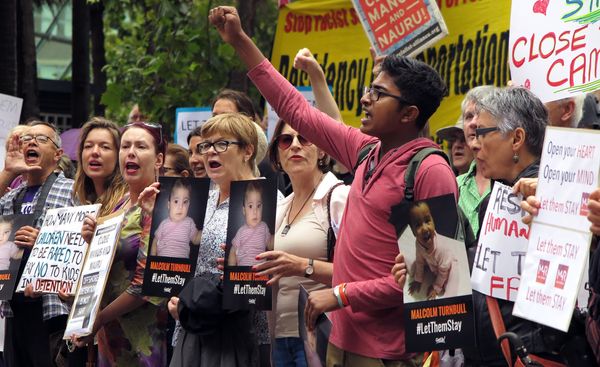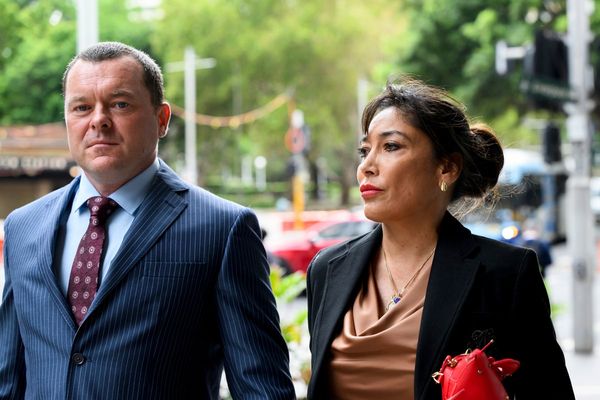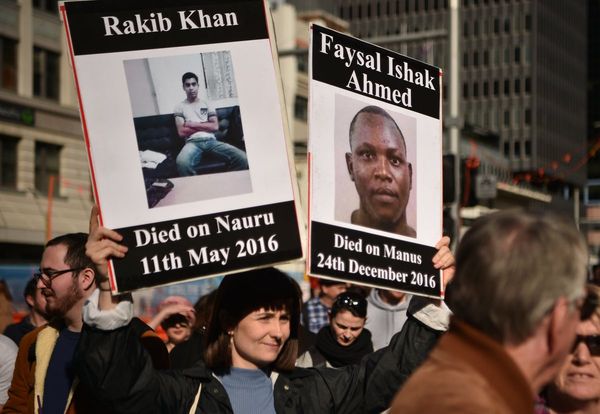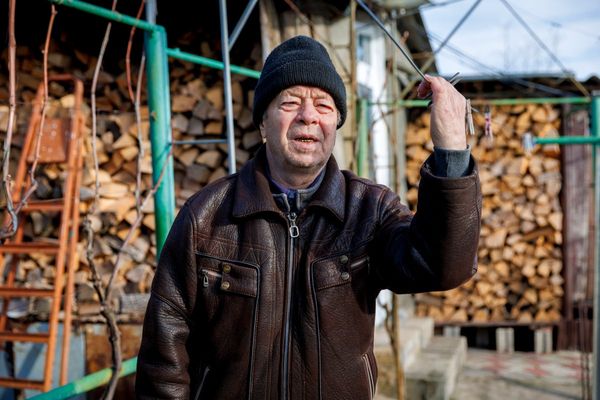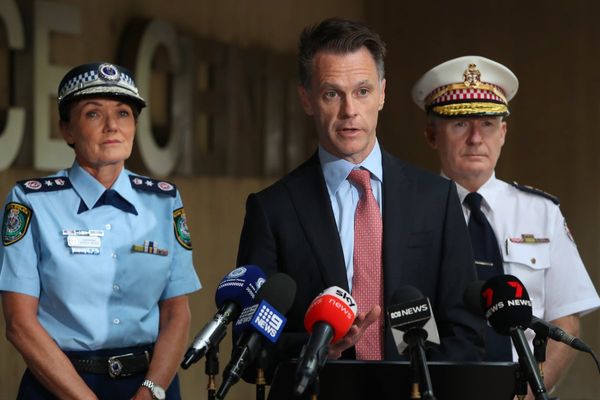
London (AFP) - Embattled British Prime Minister Liz Truss on Thursday acknowledged a "difficult day" after a key minister resigned and MPs rebelled, but showed no sign of quitting.
More than a dozen Conservative MPs have publicly urged Truss to resign just six weeks into office, after her tax-cutting plans caused a market meltdown during an already severe cost-of-living crisis.
Many more are reported to have submitted letters calling for her to be removed, although party rules currently forbid another leadership campaign for 12 months.
Truss on Thursday met with Graham Brady, the chair of the 1922 committee of backbench Conservative MPs that ultimately has the power to decide her fate, Downing Street said.
However, officials said Truss had initiated the meeting, and that it was not a sign her departure was imminent.
"The prime minister acknowledges yesterday was a difficult day and she recognises the public wanted to see the government focussing less on politics and more on delivering their priorities," her official spokesman told reporters.
But events appear to be reaching a head after what right-wing tabloid the Sun called "a day of extraordinary mayhem" on Wednesday.
Interior minister Suella Braverman left, apparently at Truss's demand after she sent an official document in a personal email.
But Braverman, an arch right-winger who enjoys strong support among the Tory membership, used her resignation message to attack Truss in blistering terms.
'Clinging to power'
There then followed farcical scenes in parliament as many Tory MPs rebelled against the government's demand that they drop the party's manifesto commitment to maintain a ban on fracking.
Accusations swirled of heavy-handed efforts to whip MPs into line, some of whom later briefed the media that it was the nail in the coffin of the Truss premiership.
The Times reported the prime minister was "clinging to power", and cited a Truss supporter in her cabinet as saying: "It's terminal."
Conservative lord Ed Vaizey said the "only way out of this mess is for Liz Truss to stand down and for somebody to be appointed as prime minister by Conservative MPs".
If she does leave, the party could avoid a lengthy leadership contest by consolidating around a unity candidate for her replacement.
But Truss on Wednesday said she was "not a quitter" -- and no single successor has emerged with widespread backing for a coronation.
'Must leave'
The prime minister's woes began when her showpiece tax-slashing policy sparked market chaos that threatened the country's pension funds, forcing her into a series of humiliating U-turns.
Braverman's departure on Wednesday triggered the second reshuffle this month after Truss sacked close ally Kwasi Kwarteng over the budget debacle, replacing him with Jeremy Hunt, who swiftly reversed almost all the policy announcements.
The Daily Telegraph reported that Braverman left after a "heated face-to-face row" with Truss and Hunt "over their demands to soften her stance on immigration".
Truss appointed Grant Shapps to replace Braverman even though she had fired him as transport secretary when she took office.
Both Shapps and Hunt had supported her rival for the leadership, Rishi Sunak, leaving her isolated in her own cabinet.
Braverman, seen as a hardliner on immigration, said she had resigned over a "technical infringement" of government rules.
But in her resignation letter, she flagged up "serious concerns" that Truss was breaking manifesto promises.
"Pretending we haven't made mistakes, carrying on as if everyone can't see we've made them, and hoping things will magically come right is not serious politics," Braverman wrote.
PM booed
Braverman's resignation message came hours after Truss sought to dispel doubts over her leadership with a combative appearance in parliament.
Truss faced harsh putdowns from opposition Labour leader Keir Starmer as she took part in her first Prime Minister's Questions since the budget U-turns.
Starmer asked the House of Commons: "What's the point of a prime minister whose promises don't even last a week?" as opposition MPs jeered and booed Truss and her own party's MPs remained silent.
Truss insisted that she would not stand down.
Later on Wednesday there were febrile scenes in parliament as the opposition proposed a debate on Truss's controversial decision to resume fracking -- drilling onshore for gas.
Labour MPs alleged that Conservatives were physically forced to vote against the proposals by the whips, who enforce party discipline, but dozens failed to vote along party lines.
Polls show Truss's personal and party ratings have plummeted, with YouGov saying Tuesday that she had become the most unpopular leader it has ever tracked.
A separate survey of Conservative members found that less than two months after electing her as party leader and prime minister, a majority now think she should go.
